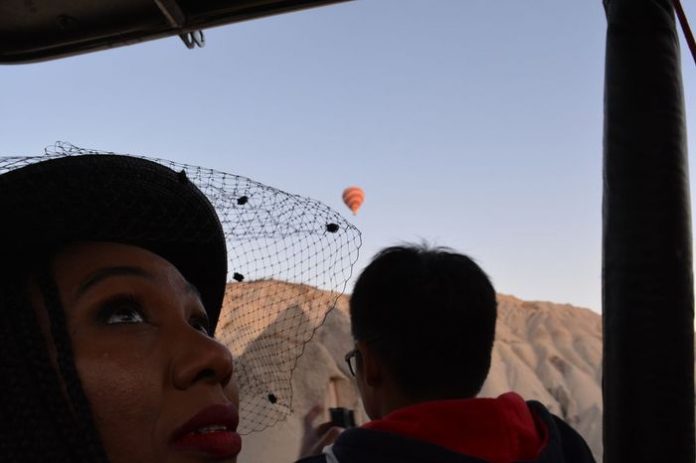The history of mangal in our country dates back to the 1400s. This setup, initially used for cooking coffee during the Ottoman Empire’s reign, gradually became an integral part of our culture and expanded to include the preparation of meat. Mangal setups are typically constructed from metal plates of steel, iron, copper, or brass, available in square and round types.
Mangal’s transformation into an essential part of picnic ceremonies aligns with the accelerated migration from rural areas to cities in the 1960s. Although the term ‘picnic’ originates from the French language, there’s no denying that we have surpassed the British and developed a deep love for picnics The Joyful Journey of Climbing Mountains. In the past, people preferred cold-cut foods for picnics to preserve freshness. Today, safety and cleanliness precautions are crucial in picnic areas due to the potential fire and pollution caused mainly by mangals.
Mangal Easy to Set Up
With technological advancements, coal-fired mangals are being replaced by electric or gas-powered ones. There are now easily set-up mechanisms claiming to provide the same taste as traditional coal-fired mangals, allowing enthusiasts to enjoy this feast at home. Cast iron grills and pans have gained popularity for sealing in the meat’s flavor. While the Turkish love for mangal might outpace many nations, we are not the only enthusiasts Bulgaria Tours. Numerous countries share a love for unlimited meat and have diverse barbecue rituals.
Setting the fire is a crucial aspect of mangal preparation. Here are a few tips for a human and environmentally friendly mangal:
Prioritize gathering all necessary ingredients and materials such as coal, firewood, tools, meals, and vegetables before the event to avoid haste and mistakes.








